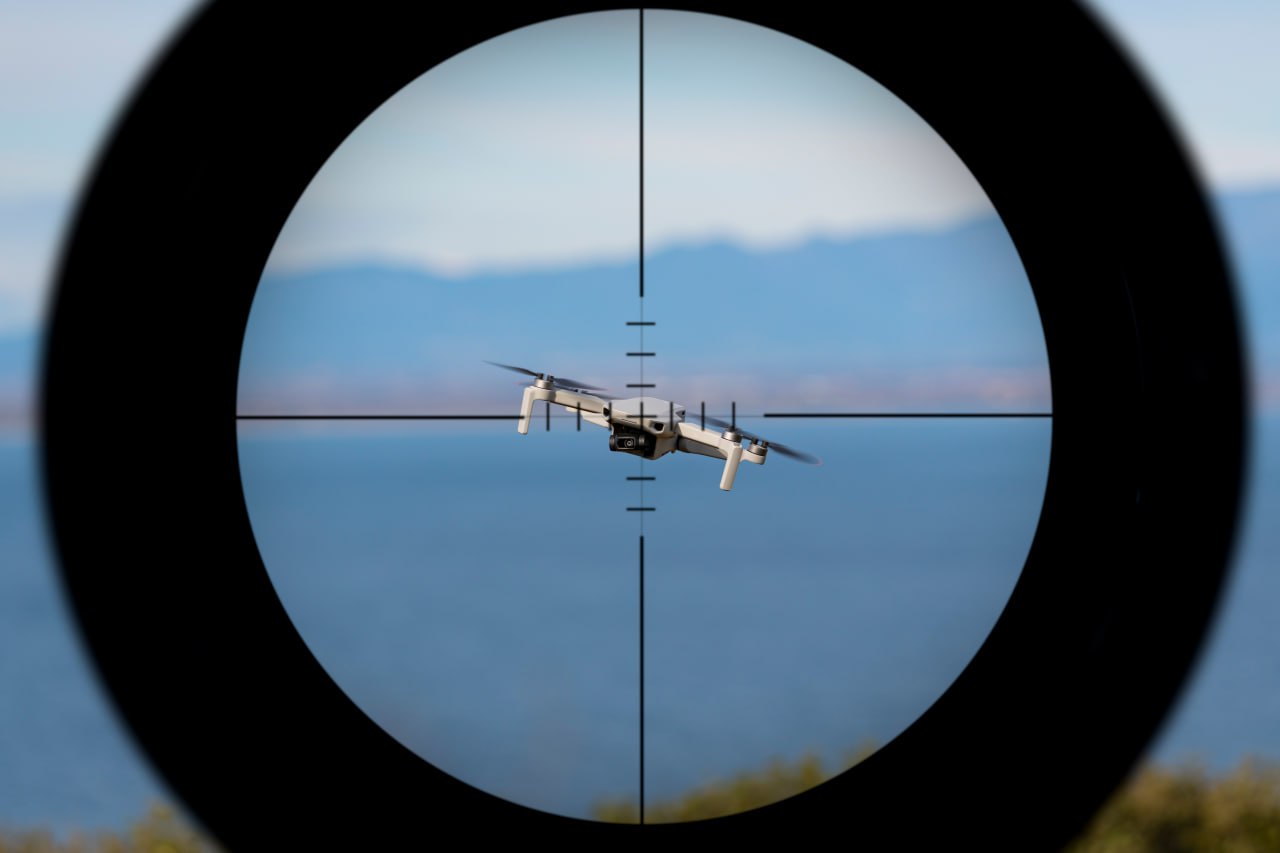The New Normal: Lukashenka’s Regime Calls Russian Drones Ukrainian
 The situation has not changed
The situation has not changed

Lukashenka’s regime is attempting to balance its support for the Kremlin with the goal of preventing Belarus from being drawn into the war, despite Russian drones being marked by official propaganda as Ukrainian. By interpreting incidents depending on the political and geopolitical context, the dictator retains the possibility of using them as a casus belli with Ukraine. While the authorities emphasize the need to avoid Belarus being dragged into the conflict, they also outline conditions under which Minsk would join the war against Kyiv.
Lukashenka acknowledged the incursion of Russian drones into Belarusian airspace. This was prompted by reports of two Russian “Shahed” drones crossing the border from Ukraine during a flight by Lukashenka to southern Belarus. According to Lukashenka, his helicopter was flying toward Mikashevichy and was delayed by an hour due to weather conditions. The helicopter was flying unusually low, supposedly to evade electronic surveillance from Ukraine, not because of Russian drones, which Lukashenka labeled as Ukrainian. The dictator claimed that shooting down his helicopter could have led to a military conflict that would not benefit Ukraine.
The Belarusian leader described the drone flight toward his helicopter as a “minor provocation” and emphasized the importance of preventing Belarus from being drawn into the war. He reaffirmed that Belarus supports Russia by providing assistance but is not involved in the fighting.
Lukashenka explained the increased incursions of Russian drones as a result of problems with drone control, especially after they are affected by electronic warfare systems. These drones allegedly often lose orientation, causing them to enter Belarusian territory.
He also noted that such issues occur on both the Ukrainian and Russian sides. However, Belarus supposedly agreed with both parties to keep drone incidents out of the public sphere and to resolve them at a technical level.
According to Lukashenka, Belarus frequently intercepts and shoots down drones without distinguishing between Russian and Ukrainian. Meanwhile, another Russian “Shahed” drone recently fell in Kalinkavichy, sparking discussions in the media and social networks. Later, Belarusian security forces harshly detained a woman who allegedly sent a video of the incident to extremist resources. However, Belarusian authorities have yet to provide any evidence of Ukrainian drones entering Belarusian airspace.
Against this backdrop, Russia’s FSB Director Bortnikov claimed that Western countries and Ukraine are attempting to draw Belarus into the conflict through “provocations,” including Ukrainian forces near the Belarusian border, drone incidents, and the presence of Belarusians in the Ukrainian Armed Forces.
Lukashenka used the drone incidents to assure the public that Belarus has no intention of going to war with Ukraine. However, according to him, Minsk is forced to stay on alert alongside Kyiv, moving troops along the border to avoid a repeat of 1941 events.
The Belarusian leader reiterated his stance that Belarus does not initiate conflict and is doing everything possible to resolve the situation peacefully, maintaining contact with Ukraine on humanitarian issues. Lukashenka assured that there will be no war since neither Belarus nor Ukraine wants to fight, urging people not to worry. At the same time, he contradicted himself by stating the condition under which Belarus might enter the war against Ukraine under the guise of “helping Ukrainians” – the entry of Polish or NATO forces into western Ukraine.
Thus, Lukashenka continues to reassure the public amid the consequences of the Russia-Ukraine war, such as Russian drone incursions and detonations in the country’s airspace. Due to the frequency of such incidents, he is forced to acknowledge them but places the blame on both Russia and Ukraine, framing the issues as technical rather than political. This ambiguous interpretation allows him to adjust the narrative depending on the evolving military-political situation, potentially using Russian drone incursions, labeled as Ukrainian, as a casus belli with Ukraine.
Subscribe to our newsletter




Situation in Belarus
Constitutional referendum: main consequences


 Video
Video
How to count the political prisoners: are the new criteria needed?


 Video
Video
Paternalism In Decline, Belarusian Euroscepticism, And The Influence Of Russia


 Video
Video












